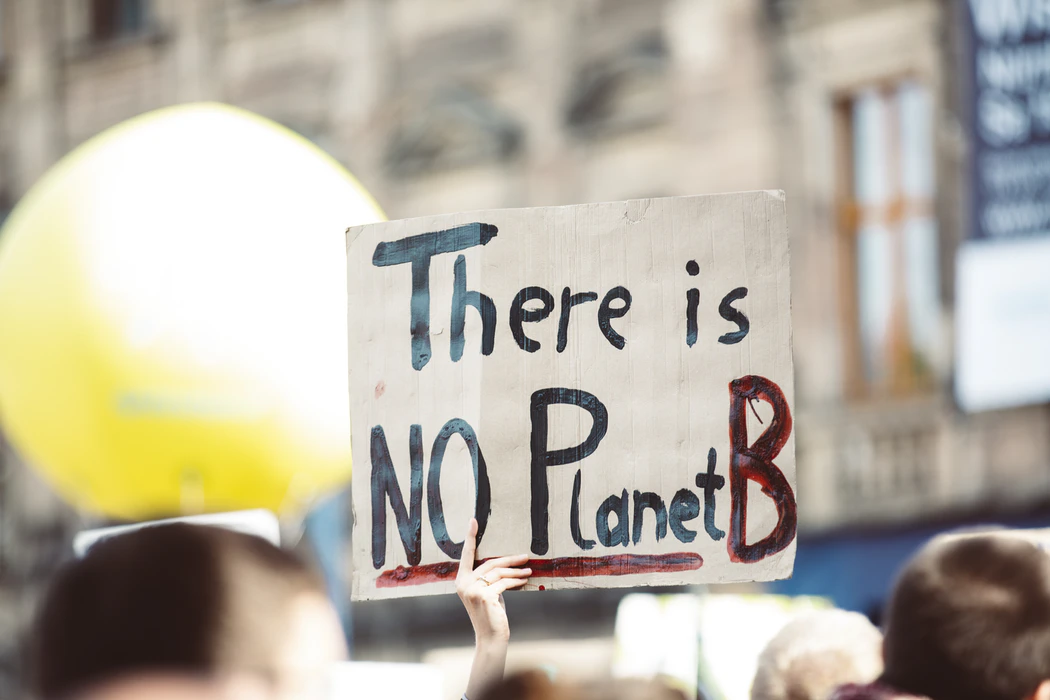Refugees and the Climate Crisis: We Must Act Now

By Gabriel Salter, Sona Circle
Climate change is causing a global refugee crisis. Global warming caused by humans is increasingly creating droughts, floods, typhoons, and rising sea levels which force millions across the world to flee their homes every year.
Scientists predict that by 2050 climate change will cause 300 million people to be displaced and damage billions of people’s livelihoods.
On Earth Day, we call for immediate action to stop global warming and protect refugees.
What is Climate change?
Climate change is the increase in the temperature of the world’s atmosphere caused by humans releasing greenhouse gasses. These gasses absorb heat from the sun which raises the temperature of our atmosphere.
The heating of the atmosphere causes sea levels to rise and increasing numbers of droughts, floods, hurricanes and typhoons to destroy communities across the world.
We largely release these gasses when we produce electricity by burning coal, oil and gas.
They are also released by our rearing of animals as livestock, our cars, planes and busses and when we produce concrete, clothing and nitrogen fertilisers.
Humans have released huge amounts of these gasses in the last century, raising the temperature of the atmosphere significantly.
How does it create refugees?
Climate Change causes extreme weather events and massive environmental changes that displace millions of people.
It melts ice at the North and South pole causing sea levels to rise. If this continues, the sea will submerge many areas of the globe and force millions from their homes.
It also causes extreme weather events like droughts, hurricanes and typhoons which hugely affect different parts of the world. This causes even more displacement as droughts cause crops to fail and food to become scarce and whole regions are irreparably damaged.
Extreme weather makes resources like food, water and shelter scarce and destroys public services often causing extreme instability and popular anger. This can often result in conflicts, which displace many more people and cause refugee crises.
The climate crisis is already here
This is not an issue for the future, it is happening now. Here are some examples
- The Syrian refugee crisis. Climate change triggered a massive 5-year drought that caused crop failures and displaced thousands of Syrians. This contributed to the tension that erupted into the civil war in 2011 that forced 5.6 million Syrians to flee to Lebanon, Turkey and the EU.
- The Somali refugee crisis. Human influenced climate change helped cause the drought that forced many Somalis to flee to Kenya and Ethiopia in 2011.
- Rising sea levels in the Pacific Ocean has already submerged multiple islands – forcing much of the 2.3 million people there to move to other islands.
- In the last decade, climate change has increased the number of extreme weather events that have displaced people by 500%.
Without action, It will get much worse
If we don’t act soon this crisis will have catastrophic consequences.
If global warming continues at the current rate it will cause natural disasters and sea level rises on such a scale by 2050 that 300 million people will likely be displaced globally.
This is an unfathomably large amount of people being forced to seek refuge. It will destabilise entire continents, cause conflict, threaten the entire global economy and damage the livelihoods of billions.
Why hasn’t anything been done?
Capitalism and the greed of politicians and investors.
At present, renewable energy infrastructure is both too costly and unprofitable for private investors and governments to be significantly interested in supporting it.
Meanwhile, the extraction and sale of oil, coal and gas, meat production and petrol car companies are so profitable that investors continue to fund them hugely and governments are reluctant to shut them down.
The result has been that from 1973-2015 the percentage of global energy produced by solar panels and wind turbines only increased by 1%.
What needs to change?
Only immediate and radical action in the next decade can save us from climate disaster and refugee crisis. The following must happen:
- Western governments must decarbonise global energy by closing major fossil fuel companies, mass building renewable energy sources like wind farms and solar panels and providing significant financial support for poorer states all over the world to do the same.
- The size of our economies and energy use must be reduced so that we can make all our energy renewable faster.
- Trains and busses should be nationalised and made electric and free at the point of use so that fewer use cars.
- Electric cars should be subsidised by governments, so they are affordable for the mass of the population and petrol cars quickly phased out.
- The production and consumption of meat, concrete, nitrogen fertilisers must be reduced massively.
- Large areas of the globe must be given over to nature.
- Refugees must be given safe access to western countries, guaranteed housing, income and food and help gaining employment.
How can we do this?
The only way to do this is through mass popular action. Here’s how you can help
- Get involved with groups acting against climate change in your local community.
- Get involved with national groups acting against climate change like COP26 Coalition and XR.
- Join or create unions in your workplaces so we can pressure business owners and our governments economically through strikes and protest if they don’t act against climate change by adopting the policies above.
- Join renters’ unions like LRU, Acorn and Living Rent to pressure the government to house already affected by climate collapse.
- Eat less meat and buy less Fast Fashion.